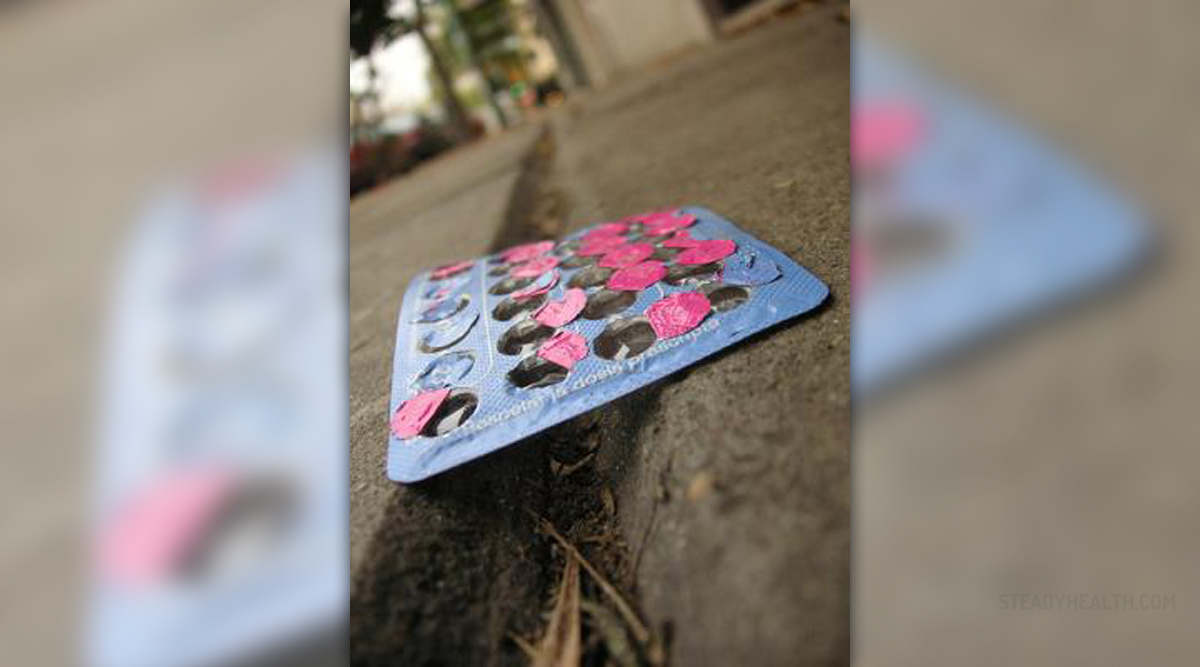
What are birth control pills?
Birth control pills are one of the most popular methods for preventing the pregnancy. They consist of synthetic female sex hormones, estrogen and progesterone, similar to those produced in the ovaries.
In order for conception, and consequently pregnancy, to occur, it is necessary that the male sperm fertilizes female egg. When the fertilized egg embeds itself into the uterus wall, a woman becomes pregnant. The main goal of contraception is to prevent that the sperm comes in contact with the egg.
Ovulation is one of the stages in a woman’s menstrual cycle. Female hormones change their levels so they can prepare the reproductive system for conception. Birth control pills provide artificial hormones which prevent natural hormones from performing their role and they inhibit the production of eggs. When there is no egg, there can be no conception and thus no pregnancy. Or they make the lining of the uterus unfit to host a fertilized egg. Some pills thicken the cervical mucus in the womb, so the sperm cannot reach the egg.
For most birth control pills the principle is to take one a day for 21 days, after which period the menstrual bleeding occurs. After a week, a woman starts a new dose and takes it for 21 days.
In order for these pills to work, they must be taken every day, preferably at the same time. If one is skipped, there is a chance they stop being effective.
Combination pill
Combination pill contains synthetic estrogen and progesterone. It prevents ovulation and it also thickens the cervical mucus so the sperm cannot get in. There are three types of combination pill- monophasic, biphasic and triphasic. Some contain 21 pills and some 28 pills. In packages with 28 pills, seven of them are inactive placebos.
Side effects of combination pill may include tender breasts, unusual bleeding and abdominal pain. The pill is not recommended for women who have high blood pressure or heart problems.
Mini pill
Mini pills contain only synthetic progesterone. They thicken the cervical mucus and prevent the sperm from reaching the egg, and they also change the lining of the uterine walls so the embryo cannot embed into it. Mini pills come in 28-day pack and all the pills are active.
Mini pill is not recommended for women who breastfeed or who have blood clotting problems.
Extended cycle pill
Extended cycle pill is relatively new on the birth control market. It works by reducing the number of menstrual periods from 13 cycles per year to just four or one per season.
Side effects of this pill include abdominal pain and cramping, hot flashes, difficulty sleeping, fatigue. Hormones in this pill may aggravate the condition of women who have diabetes because it increases sugar levels in blood.




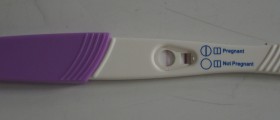
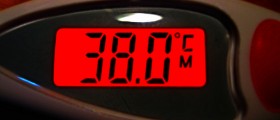




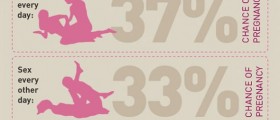
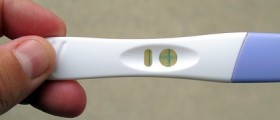


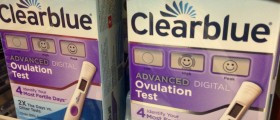

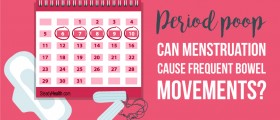
Your thoughts on this
Loading...